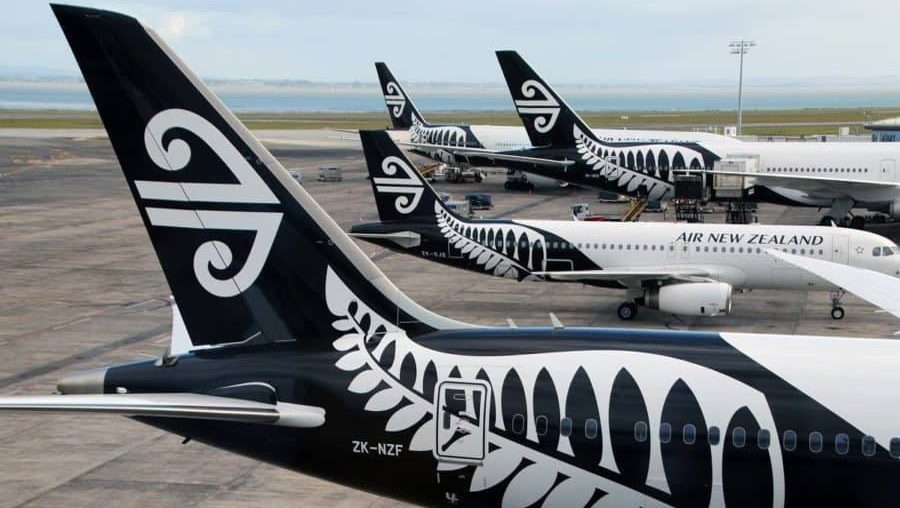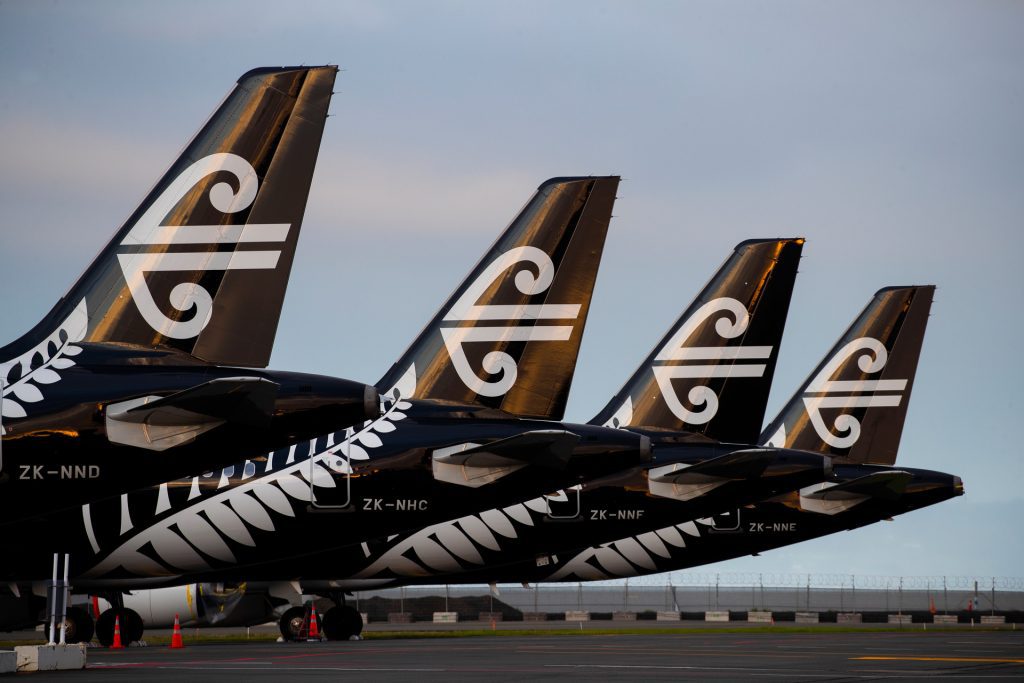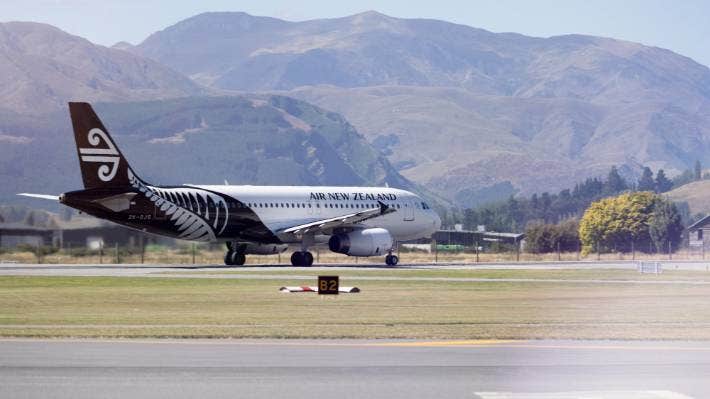Money
Air New Zealand struggling at the mercy of COVID-19

Money
Wall Street hits record highs as markets shrug off Venezuela tensions
US markets hit record highs as investors shrug off geopolitical tensions, with the S&P 500 up 0.7% and Dow 1%.
Money
Dow hits record after U.S. military action in Venezuela
Dow Jones surged 600 points post-U.S. action in Venezuela, boosting energy stocks amid cautious gold futures rise.
Money
Wall Street eyes further gains in 2026 as rate cuts fuel optimism
Wall Street enters 2026 optimistic as falling interest rates and strong earnings drive stock market expectations amid economic resilience.
-



 Tech3 days ago
Tech3 days agoCES 2026 Highlights: AI, robotics, and the future of innovation
-



 Tech3 days ago
Tech3 days agoCES 2026 opens with AI powering the future of tech
-



 Crypto2 days ago
Crypto2 days agoMorgan Stanley files for Bitcoin, Solana, and Ethereum ETFs
-



 Tech2 days ago
Tech2 days agoGlobal memory chip shortage set to drive electronics prices higher
-



 Ticker Views4 days ago
Ticker Views4 days agoElon Musk faces backlash over Grok AI Deepfakes
-



 News5 days ago
News5 days agoAlbanese open to royal commission into Bondi attack
-



 Ticker Views4 days ago
Ticker Views4 days agoVenezuela, Gaza, Ukraine: is the UN failing?
-



 News3 days ago
News3 days agoPM initiates royal commission on anti-Semitism and unity








